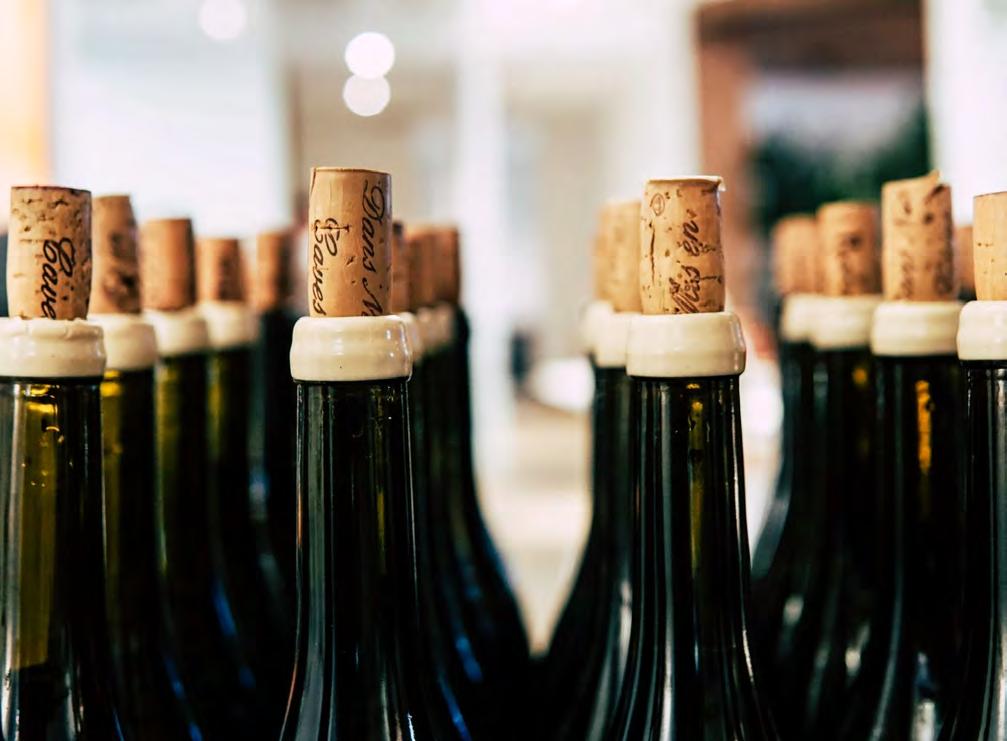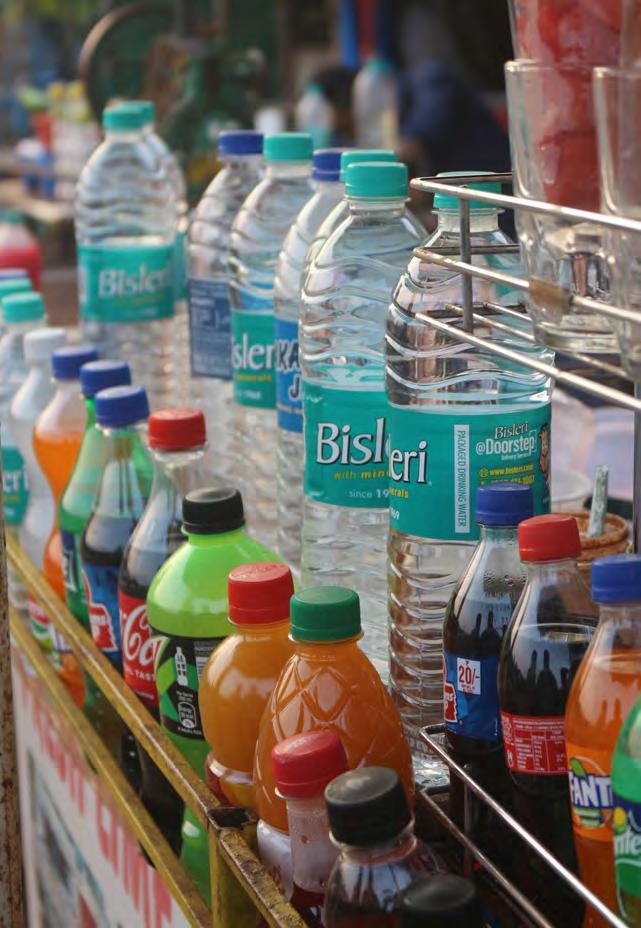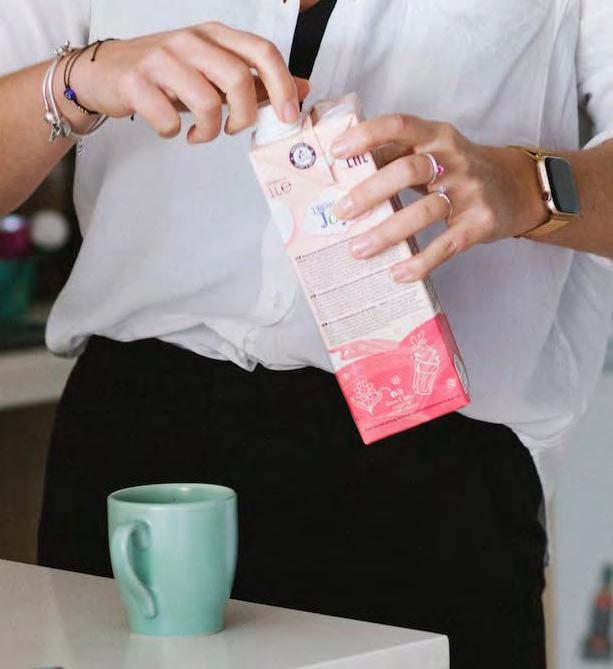
2 minute read
THE ART OF BEVERAGE PACKAGING: COMPARING GLASS, PLASTIC, CARDBOARD, AND CANS
Beverage packaging is available in a variety of materials, including glass, plastic, cardboard, and cans. Each of them presents distinct advantages and disadvantages, which we will examine in detail in this article.
The Timeless Charm of Glass
Advertisement
Glass is a classic choice for beverage packaging. It is widely appreciated for its transparency, allowing consumers to admire the color and consistency of the pro-
by Walter Konrad
duct. Moreover, glass is inert and does not chemically react with beverages, preserving the flavor and quality of the liquid inside. This characteristic makes it ideal for beverages like wine and craft beers. However, glass is fragile and can break easily, increasing the risks during transportation and handling.
The Versatility of Plastic
Plastic has gained popularity as a beverage packaging material due to its lightweight nature, impact resistance, and ease of molding. Plastic also offers a wide range of shapes and sizes, allowing for the creation of customized bottles and containers. Another advantage is its ability to preserve beverages from external influences such as light and oxygen. However, plastic can release chemicals into the environment and food, raising concerns about health and the environment. Additionally, plastic takes a long time to degrade, contributing to the issue of plastic pollution.

The Environmental Respect of Cardboard
Cardboard, often used for containing fruit juices and milk, offers numerous advantages. It is primarily made from recyclable materials, reducing the environmental impact compared to plastic.

Furthermore, cardboard can be printed with eyecatching graphics and can be folded compactly, optimizing space during transportation and storage. However, cardboard is vulnerable to moisture and liquid permeability, requiring coatings or inner layers to preserve the quality of the packaged beverages.
The Convenience of Cans
Cans are often associated with carbonated beverages such as soda and beer. Cans offer several practical advantages, including ease of storage, lightweight nature, protection from light, and quick chillability. They are also easily recyclable and can be recycled indefinitely without losing quality.
In conclusion, the choice of beverage container depends on a range of factors, including the nature of the product, consumer experience, environmental considerations, and food safety. The current challenges in the beverage industry involve seeking innovative solutions that combine convenience, sustainability, and quality.

машины - приборы
Smi Aqua Geo
BГрузии, в самом сердце Кавказа, мы поднимаем тост с водой Kobi и SNO, которые производит компания Aqua Geo на современных, полностью автоматизированных системах розлива и упаковки стеклянных и ПЭТ-бутылок, поставляемых SMI в рамках сотрудничества, начавшегося в 2011 году.
Грузия, расположенная в самом сердце Кавказского региона, является одной из богатейших стран по запасам минеральных и термальных вод, при этом ее широкомасштабный маркетинг проходит период становления и реализуется рядом ведущим компаний, и Aqua Geo – одна из них.
Благодаря значительным инвестициям компаний, производящих продукты питания и напитки, Грузия сегодня может похвастаться отличным производством лимонада и пива, а сектор минеральной воды постоянно расширяется.
Для удовлетворения этого спроса требуются все более передовые технологии розлива и упаковки, таких как те, которые использует компания Aqua Geo Ltd на своих заводах по производству газированной воды под брендом Kobi и природной воды под брендом SNO. Для автоматизации процесса розлива и упаковки грузинская компания обратилась к SMI с предложением поставить ряд готовых заводов, включающих линию для ПЭТ-бутылок и стеклянных бутылок для завода Kobi, а также две линии для вторичной и третичной упаковки природной воды SNO










